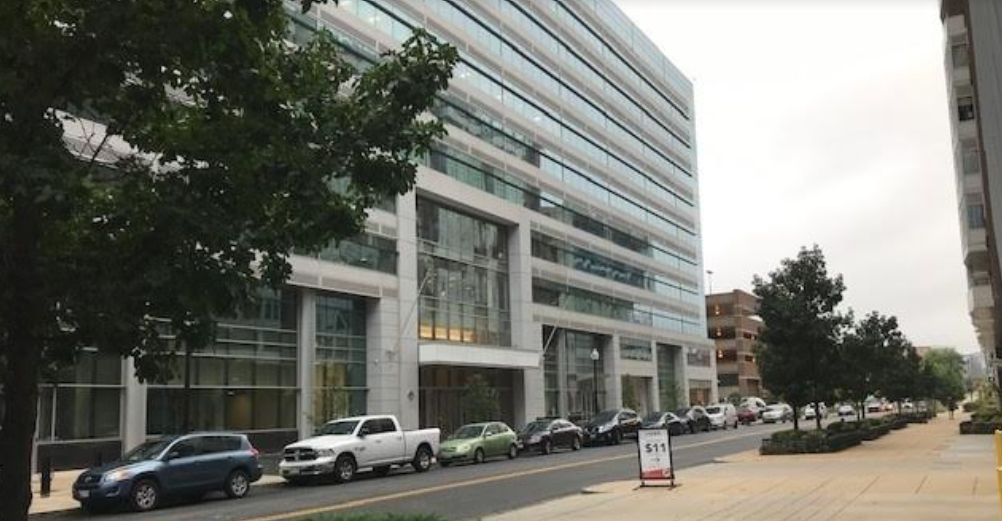FCC Signals Potential Different Outcome for Net Neutrality Remand
Tells court to wait until it has made call on recon petitions

The smarter way to stay on top of the multichannel video marketplace. Sign up below.
You are now subscribed
Your newsletter sign-up was successful
As expected, the Biden FCC has asked a federal appeals court to hold off on hearing a challenge to the Trump FCC's response to a court remand of its Restoring Internet Freedom net neutrality dereg order, suggesting that challenge could ultimately be moot depending on how the new FCC deals with multiple petitions to reconsider that response.
It is not unusual for a new FCC to review previous decisions, though changing them will likely have to wait until a third Democrat is named to the commission, currently tied at two Democrats and two Republicans.
Also Read: Net Neutrality Remand Draws Crowd
Back in October, the FCC under Republican Chairman Ajit Pai voted 3-2 along party lines to tell a federal court that the commission's Restoring Internet Freedom (RIF) order promotes public safety, facilitates infrastructure deployment, and continues to allow the FCC to subsidize broadband internet access service.
The RIF order reclassified internet access as a Title I information service, eliminated rules against blocking, throttling and paid prioritization, and eliminated a general conduct standard meant to reach conduct not covered under those three rules. The FCC said that the benefits of reclassification and eliminating the rules and a return to "light touch" regs outweighed any "limited," potential, adverse effects.
That decision was challenged in court by four different parties--but that was then and the FCC is under new, Democratic management, headed by acting chairwoman Jessica Rosenworcel, who was one of the two dissenting votes on the remand and definitely does not agree that dereg outweighs the potential adverse effects, which she has signaled are more than potential given that she said the decision did not adequately address the harms to public safety, infrastructure deployment and the needs of low-income households.
"Only one of the three Commissioners who voted for the Remand Order [Brendan Carr] remains on the Commission, while two of the remaining Commissioners dissented, and one of those dissenters has since become the Acting Chairwoman of the Commission [Jessica Rosenworcel]," the FCC told the U.S. Court of Appeals for the D.C. Circuit, which has principal jurisdiction over challenges to FCC decisions. "In view of these circumstances, placing this case in abeyance to allow time for the newly constituted Commission to consider the petitions for agency reconsideration would be appropriate."
The smarter way to stay on top of the multichannel video marketplace. Sign up below.
And the FCC went further, suggesting how that reconsideration might affect the legal case: "If the Commission were to grant the petitions for reconsideration in whole or in part [as it almost certainly will], the agency’s action could significantly alter or render moot the issues raised by the petition for review in this case."
The FCC's motion to the court to hold the case in abeyance was unopposed.
Contributing editor John Eggerton has been an editor and/or writer on media regulation, legislation and policy for over four decades, including covering the FCC, FTC, Congress, the major media trade associations, and the federal courts. In addition to Multichannel News and Broadcasting + Cable, his work has appeared in Radio World, TV Technology, TV Fax, This Week in Consumer Electronics, Variety and the Encyclopedia Britannica.

